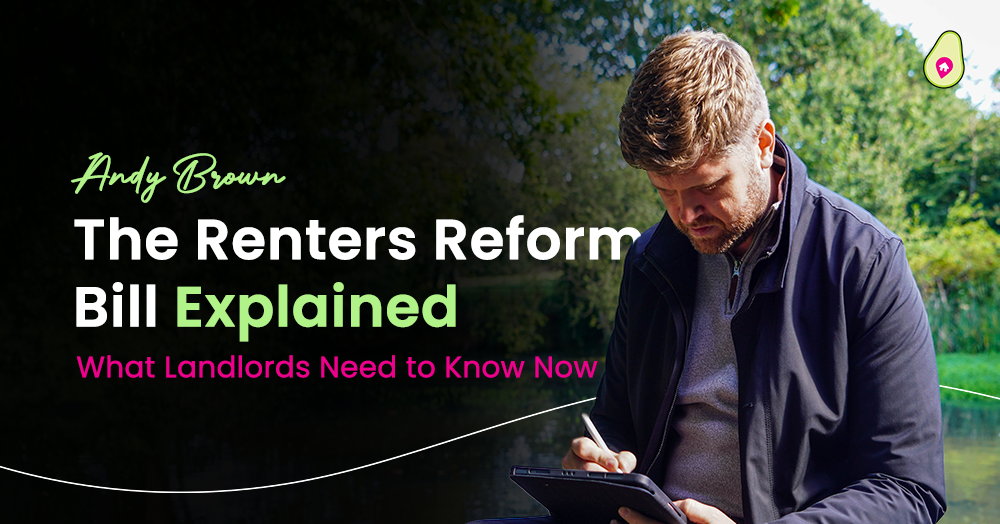
The Renters Reform Bill Explained: What Landlords Need to Know Now
If you’re a landlord right now, it’s natural to feel uneasy about the Renters Reform Bill. The headlines have been dramatic, the details confusing, and it can be hard to separate fact from speculation.
We speak to landlords every week who say the same thing: “I just want clarity, so I can plan ahead.” That’s exactly what this guide will give you, a breakdown of what’s changing, why it matters, and how you can prepare.
The End of Section 21: What It Really Means
The most talked-about change is the removal of Section 21 ‘no-fault’ evictions.
- At present, Section 21 allows landlords to regain possession at the end of a tenancy without giving a reason.
- Under the Bill, landlords will need to use Section 8 grounds, which are being expanded to include selling the property or moving back in.
What you can do: Make sure you keep clear, up-to-date records of your tenancy. From rent ledgers to maintenance reports, so you can evidence any grounds for possession if needed.
We’ve found that landlords feel much more confident when this kind of paper trail is built in as standard.
Periodic Tenancies as Standard
Another major change is that all tenancies will automatically be periodic (rolling) rather than fixed term.
- Tenants will be able to give two months’ notice at any time.
- Landlords won’t be able to tie tenants into a six- or twelve-month term.
What you can do: Focus on keeping tenants long term by looking after them. Respond quickly to repairs, review rents fairly, and keep communication open.
In practice, when tenants feel cared for, they often stay for years regardless of the contract length. That’s something we see time and again across well-managed tenancies.
Rent Increases Formalised
The Bill will limit rent increases to once a year, via a Section 13 notice. Tenants will also have the right to challenge rises they believe are unfair.
What you can do: Base rent reviews on current market evidence, and communicate changes clearly and transparently with tenants. A fair, data-backed approach helps keep relationships positive while ensuring your rental income keeps pace.
This is exactly the method we use in rent reviews, and it works well for maintaining balance between landlords and tenants.
Pets and Tenants’ Rights
The Bill will give tenants a default right to request a pet, and landlords won’t be able to refuse without good reason. You’ll still be able to ask for pet insurance to cover potential damage.
What you can do: Be open to pet requests but put safeguards in place. Make sure agreements are clear and that insurance covers any potential issues.
Handled properly, pets don’t have to be a risk. We’ve seen them lead to happier tenants who stay longer.
Other Key Changes to Note
- A Property Portal will be introduced to centralise compliance information.
- The Decent Homes Standard will apply to private rentals.
- Councils will gain stronger enforcement powers.
What you can do: Stay on top of compliance, from safety certificates to deposit registrations, so you’re inspection-ready at all times.
Landlords we work with often say this is the area they find most stressful to track, which is why having clear systems behind the scenes makes such a difference.
Preparing Now: Practical Steps for Landlords
- Review your tenancy agreements to make sure they’re robust and adaptable.
- Keep your compliance fully up to date.
- Build a financial buffer in case shorter notice periods affect your cash flow.
- Focus on tenant care, retaining good tenants will matter more than ever.
Final Thoughts
The Renters Reform Bill will bring change, but it doesn’t have to bring chaos. For landlords with strong systems in place, these updates are manageable and in many ways, they simply formalise good practice.
If you’re feeling uncertain, you’re not alone. Many landlords are weighing up what this means for them. From what we’ve seen, putting these solutions in place early makes life smoother and less stressful, leaving landlords free to focus on the bigger picture.